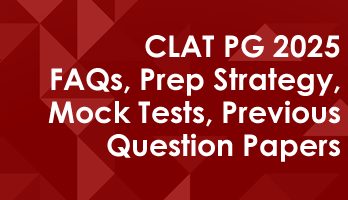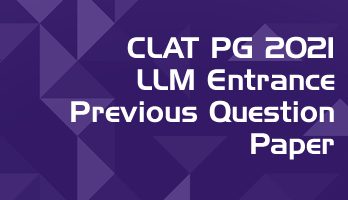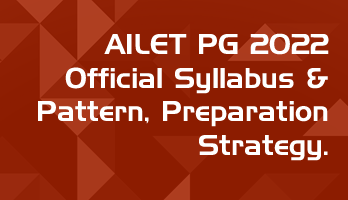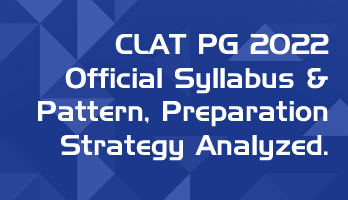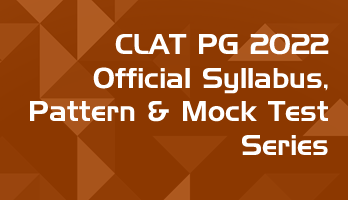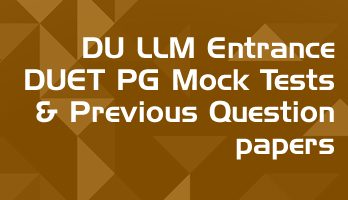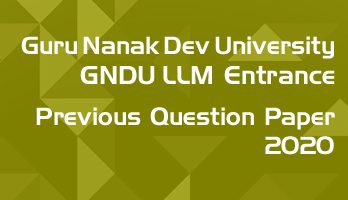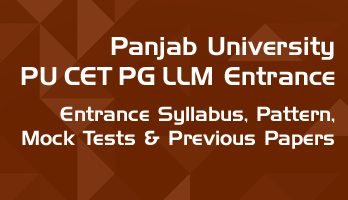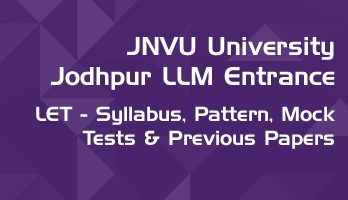This article contains the complete GNDU LLM Entrance question paper from the year 2019. This previous question paper should be used for historical reference only; because from 2020 onward, the entrance exam pattern has been changed.
See our other article which has the GNDU LLM Entrance 2020 question paper for a more recent example of the question paper. We have also published an article with the complete and latest syllabus for the upcoming exam.
LawMint offers online mock tests and previous paper series for the upcoming 2026 and 2027 entrance exams. The LawMint mocks are based on the latest syllabus and question paper pattern.
(A) Objective Questions
(To be answered in the OMR Sheet)
1. Ancient Hindu Law says that possession and ownership are conceptions
(a) Exactly Same
(b) Totally differed
(c) Identical
(d) Similar
2. The Preamble of the Constitution of India declares India to be.
(a) Sovereign, Socialist Democratic Republic
(b) Sovereign, Socialist Secular Democratic Republic
(c) Socialist, Secular Democratic Republic
(d) Sovereign, Secular Democratic Republic
3. The Attorney General of India is appointed by
(a) The President of India
(b) The Vice-President of India
(c) The Chief Justice of the Supreme Court
(d) Screening test of Senior Advocates of Supreme court by U.P.S.C.
4. ‘A’ is an infirm Adult Male. His Nursing attendant ‘V’ induces him to agree to pay to X’ an unreasonable sum of money. V has committed:
(a) Moral wrong
(b) Criminal wrong
(c) Undue Influence
(d) Coercion
5. Hadley v Baxendale is a leading case on:
(a) General Offer
(b) Privity of Contract
(c) Remoteness of damages
(d) None
7 Nulla poena sine lege means
(a) Individual criminal responsibility
(b) conviction and punishment in accordance with the law
(c) Ignorance of criminal law of the country of which you have immigrated is no excuse
(d) Ignorance of law is as such not excused
8. The words socialist’ and secular were incorporated in Indian Constitution:
(a) At the time of passing
(b) first amendment
(c) 42nd amendment
(d) 44th amendment
9. Under the UN charter the inherent right of individual or collective self-defence a member state is available in:
(a) Article 42
(b) Article 2 (4)
(c) Article 41
(d) Article 51
10. The Lotus case was decided primarily on the basis of:
(a) Customary Law
(b) General principles of law recognized by Civilized Nations
(c) Equity
(d) Judicial precedents
11. When two persons descend from a common ancestor by the same wife, they are said to be related to each other by:
(a) Full blood
(b) Half blood
(c) Uterine blood
(d) Identical twins
12. The Hindu Adoptions and Maintenance Act was enacted on:
(a) 21st November, 1955
(b) 21st November, 1956
(c) 21st December, 1955
(d) 21st December. 1956
13. Ryland v Fletcher deals with:
(a) Strict Liability
(b) absolute liability
(c) State Liability
(d) all of above
(B) Subjective questions
1. Short Answer Type, To be answered in the answer Sheet provided.
2. Attempt any five of the following; Each Question is of Ten (Total 50 Marks)
1. Public safety laws and Human Rights.
2. Attempt to suicide as an Offence.
3. Judicial Accountability.
4. Embargo as a Sanction behind International Law.
5. Joint Custody of a Child to the estranged parents.
6. Rights of the Consumer.


